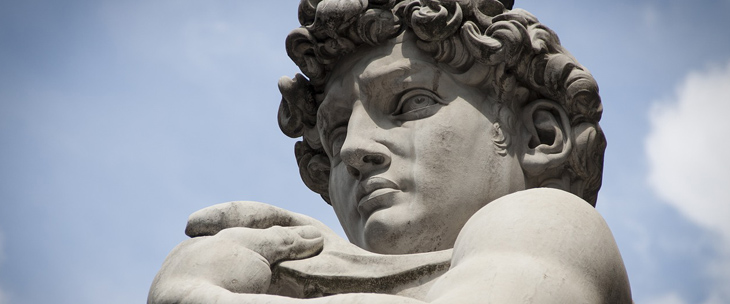Italy as we know it has only been a Country since 1861. Many find this notion puzzling or surprising, because it is easy, while studying history, to consider this distinctively shaped peninsula as its own entity, despite the fact that several nations have coexisted on its land at different times. This way of thinking about Italy reflects in a number of lists of “influential Italians” that might feature historical figures who probably did not consider themselves to be Italians at all. If asked, Julius Cesar would have proudly claimed to be Roman, whereas Leonardo Da Vinci was born in a village near Florence, which at the time was a Nation State of its own, and Galileo Galilei was a subject of the Grand Duchy of Tuscany. None of the above mentioned historical figures would have believed they shared a nationality with someone born in Sicily, such as Archimedes, or South Tyrol (there is an ongoing debate on the latter), and yet, when it comes to national pride, we have no doubt as to where we stand. Italy, despite being a conflation of languages and traditions that differ wildly from one another, displays a few unmistakeable traits that set it apart from other countries and that make it come natural, to compilers of lists on the internet, to group personalities born way before national unity under the Italian flag. Here’s our pick of the most influential Italians in history.
✖
Let’s Organize an event together ! Contact us
✖


Leave a reply